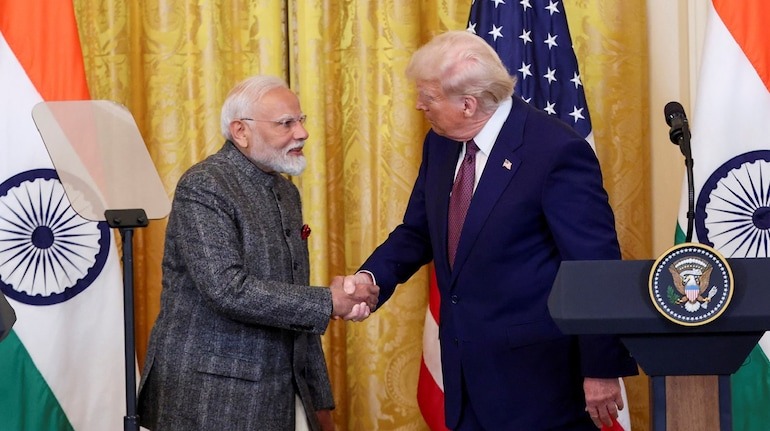
The Office of the U.S. Trade Representative (USTR) has identified India's increasing import-quality requirements and trade restrictions as major concerns in its latest report on global trade barriers, released just days before planned U.S. reciprocal tariffs are due to take effect.
India’s customs procedures, import licensing policies, and high tariffs were named among the key trade barriers, according to the report.
Push for Lower Tariffs Amid Trade Talks
Despite ongoing friction, India is among a few countries that have shown willingness to reduce tariffs in an effort to improve trade ties with Washington. President Donald Trump has repeatedly labeled India a "tariff king" due to its historically high duties.
Trade negotiations are ongoing, and Reuters recently reported that India is willing to reduce tariffs on over half of U.S. imports worth $23 billion—a move that could mark the largest such cut in years.
Concerns Over Quality Standards and Regulatory Burden
The USTR noted that India’s rising number of mandatory quality standards—especially through the Bureau of Indian Standards (BIS)—have created new non-tariff barriers. Since 2019, India has imposed over 700 Quality Control Orders (QCOs) across sectors like chemicals, electronics, medical devices, textiles, and food.
Indian authorities plan to introduce 125 additional QCOs across several key industries, including steel, aluminum, and electrical equipment.
While New Delhi has not yet proposed retaliatory tariffs in response to U.S. reciprocal measures, Indian officials remain hopeful of securing an exemption. However, U.S. negotiators have not offered any such assurance during recent bilateral discussions.
Data Privacy and Digital Trade Also Under Scrutiny
In addition to trade barriers, the USTR also raised concerns over India’s digital policies. Draft rules under the new Digital Personal Data Protection Act could compel companies to share personal data with the Indian government and enforce data localization, potentially restricting cross-border data flow.
The U.S. has also expressed unease about India’s electronic payments regulations, which it says appear to favor local providers over foreign firms, further complicating trade relations.
Read More: The Price of Speaking Truth? Why Rahul and Priyanka Gandhi Are Standing Firm Behind Pappu Yadav

 Share
Share



